Tag: Democracy
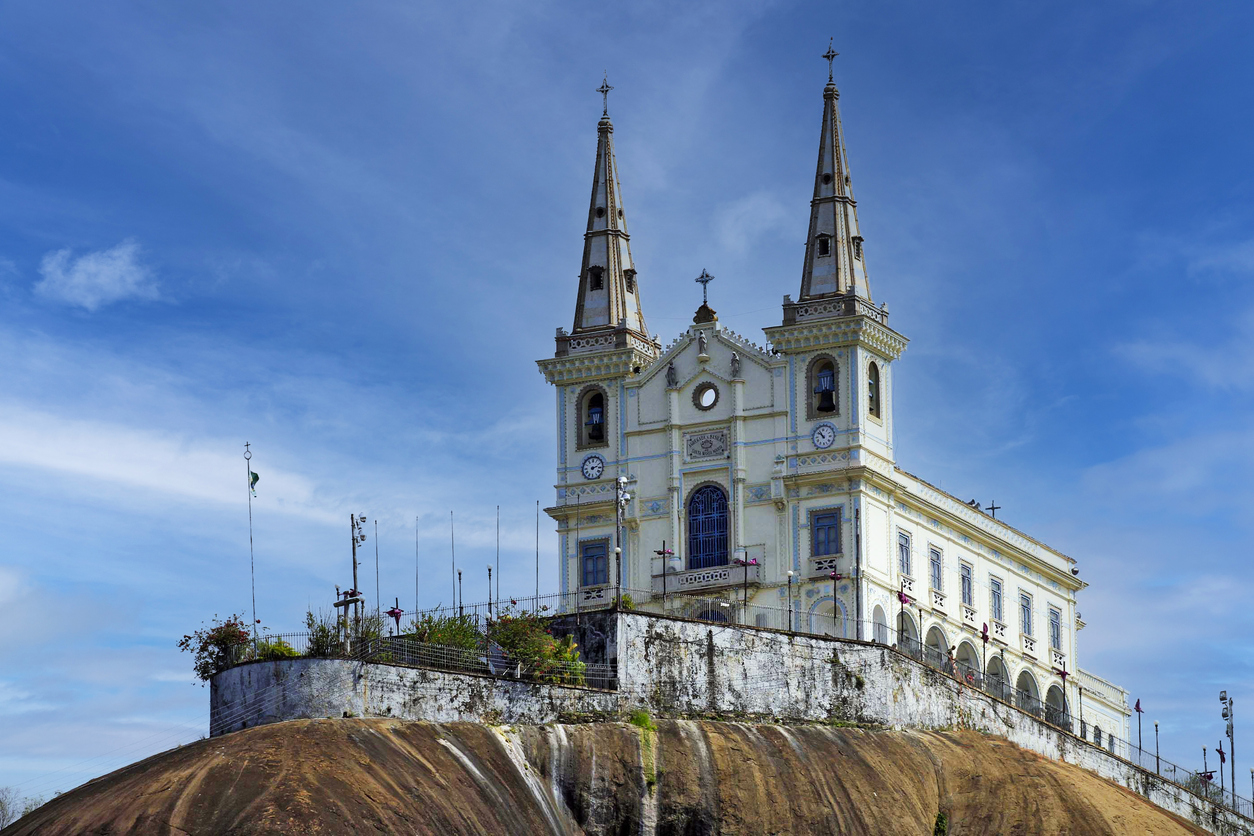
Brazilian Religious Leaders and Democratic Backsliding
Time Period: 2019-2023Location: Brazil, especially Rio de JaneiroMain Actors: Brazilian Catholic Church, Brazilian Evangelical pastors (e.g., Henrique Vieira) and civil society groups (e.g., Novas)Tactics: - Declarations by organizations and institutions...
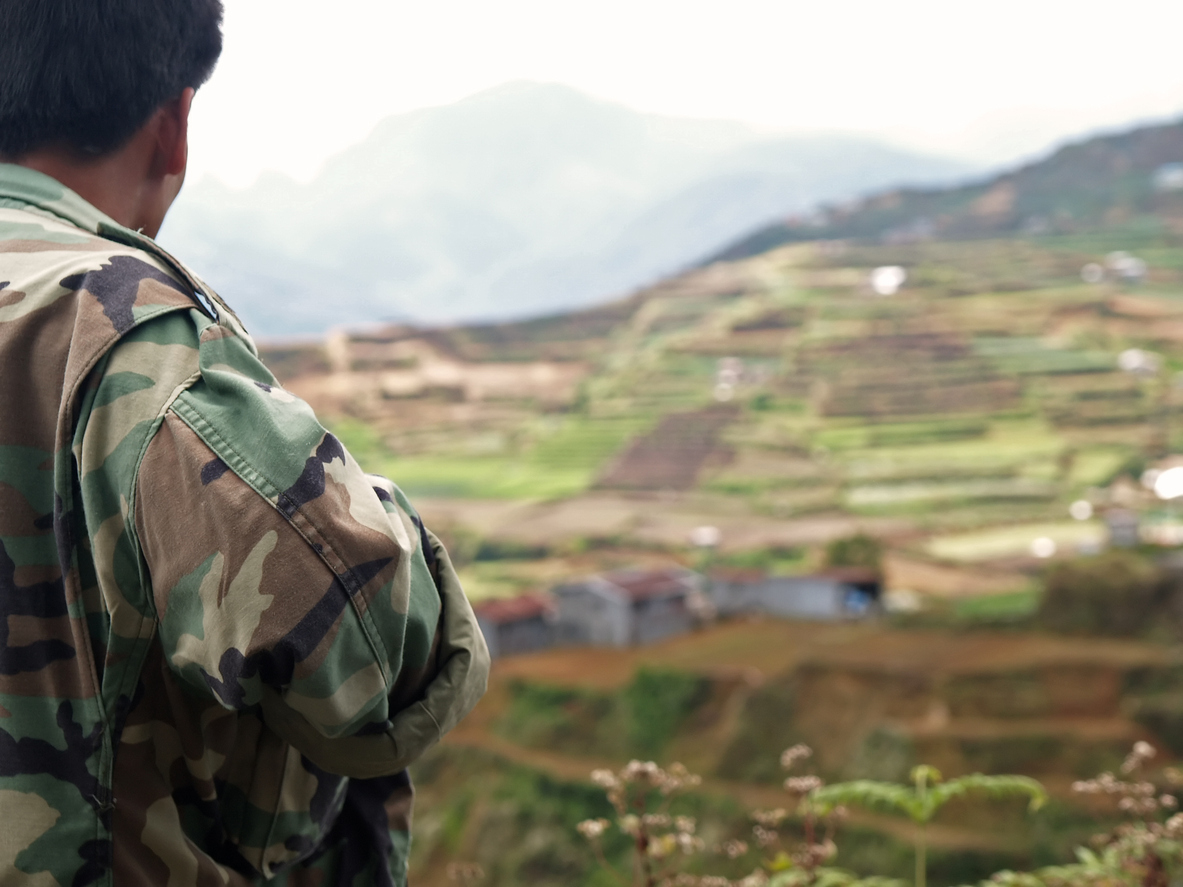
Philippines Armed Forces Resist a Dictatorship
Time Period: 1982-1986Location: The PhilippinesMain Actors: Armed Forces of the Philippines, Reform of the Armed Forces Movement (RAM), Fidel Ramos, Juan Ponce EnrileTactics - Selective refusal of assistance by government...
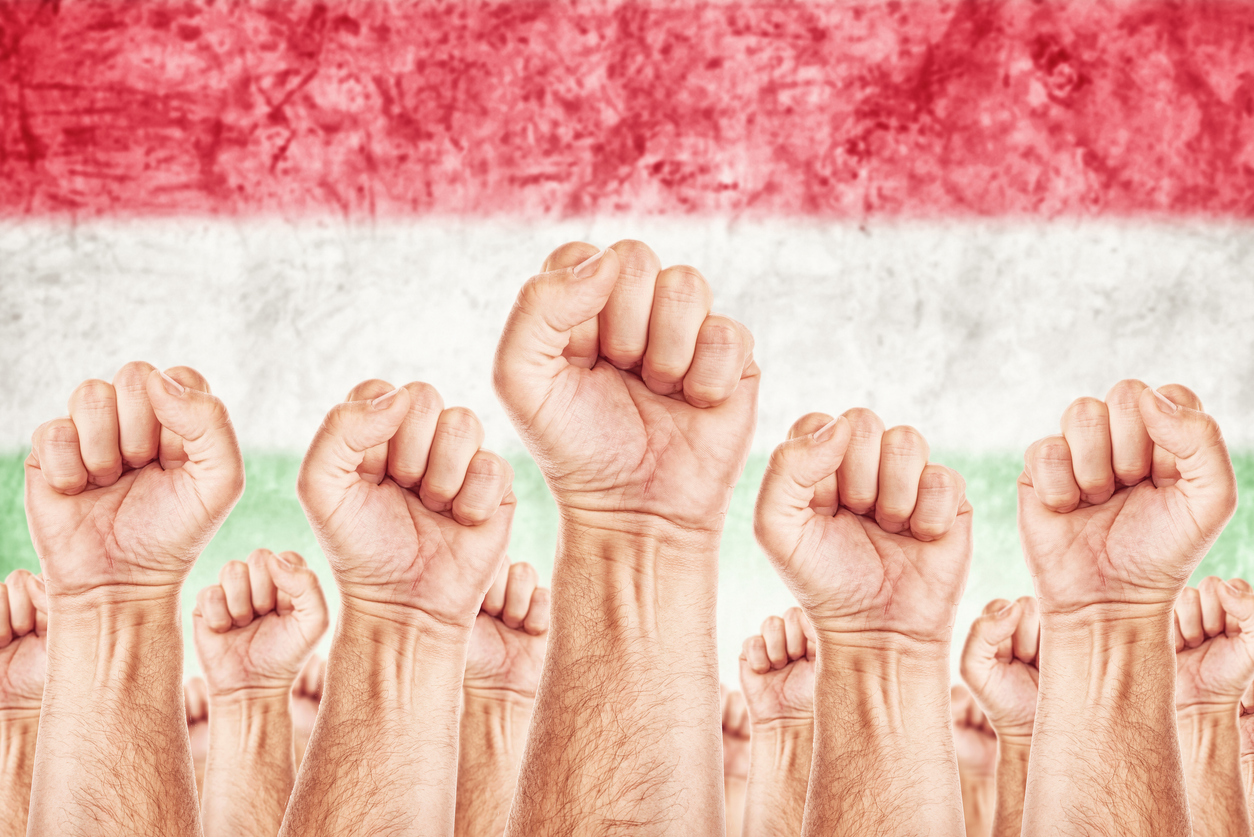
Teachers in Hungary Oppose Democratic Backsliding
Time Period: 202-2024Location: Budapest, HungaryMain Actors: Tanítanék NGO, Hungarian teachers, students, and parentsTactics - Assemblies of protest or support - Human chains - Destruction of Government Documents Hungarian democracy has...
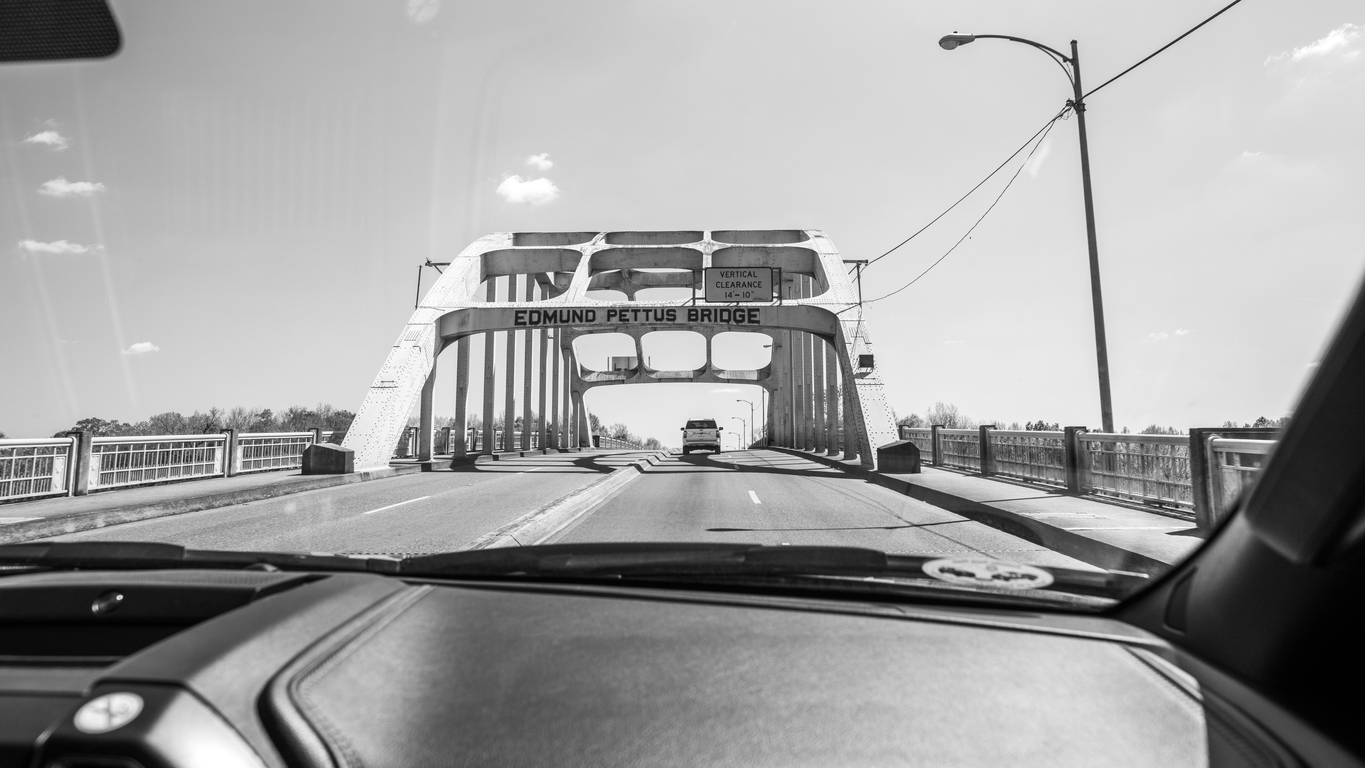
The Quakers Advance Democracy in the US Civil Rights Movement
Time Period: 1956-1968Location: Montgomery & Birmingham, AL; Prince Edward County, VA; Washington, DC; Cape May, NJ; New Delhi, IndiaMain Actors: American Friends Service Committee, Bayard Rustin.Tactics - Publishing Dissenting Literature...
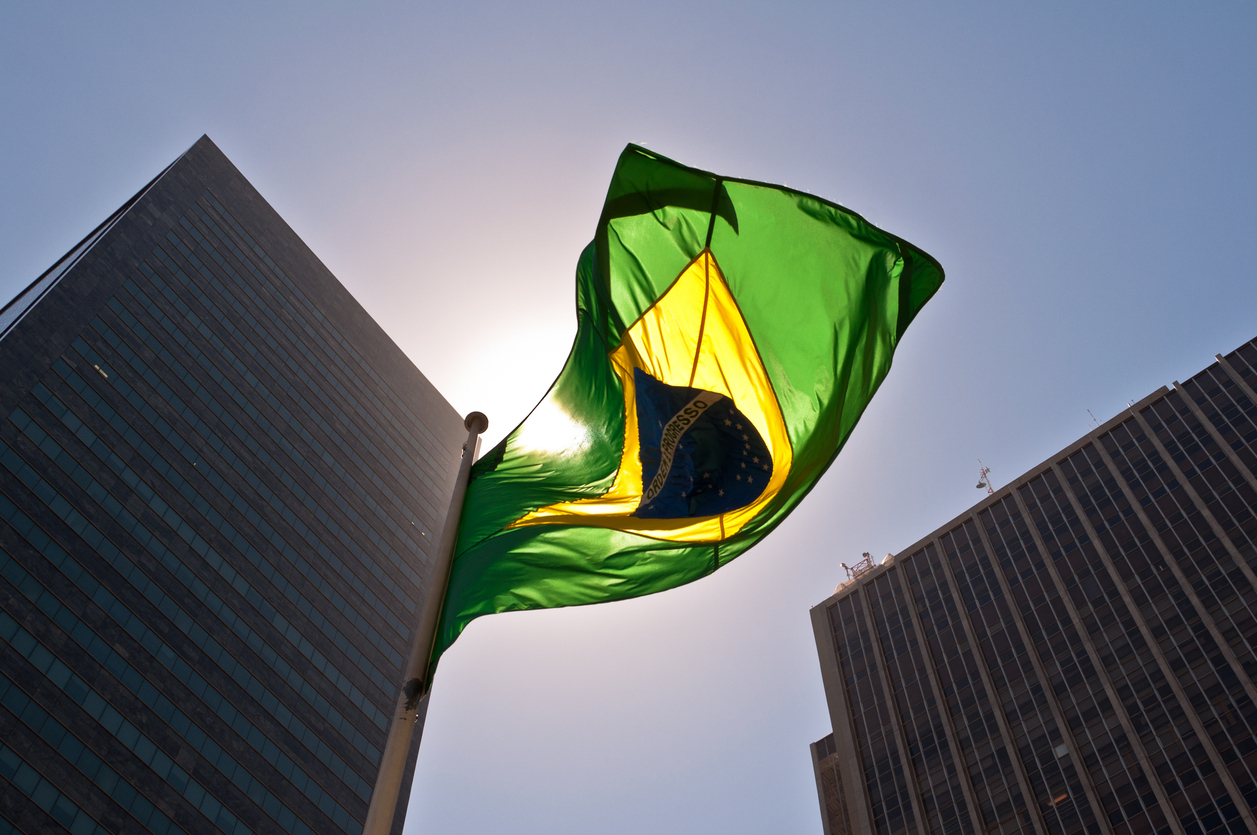
Brazilian Business Leaders Push Back on an Illiberal President
Time Period: 2019-2023Location: Brazil, especially Rio de JaneiroMain Actors: Federation of Industries of the State of São Paulo, Instituto Ethos, Sistema BTactics: - Declarations by organizations and institutions - Signed...

US Military Leaders Affirm Their Commitment to Democracy
Time Period: January 2021Location: Washington, DCMain Actors: US Joint Chiefs of StaffTactics - Letters of Opposition or Support On January 6th, 2021, the United States faced a direct threat to...
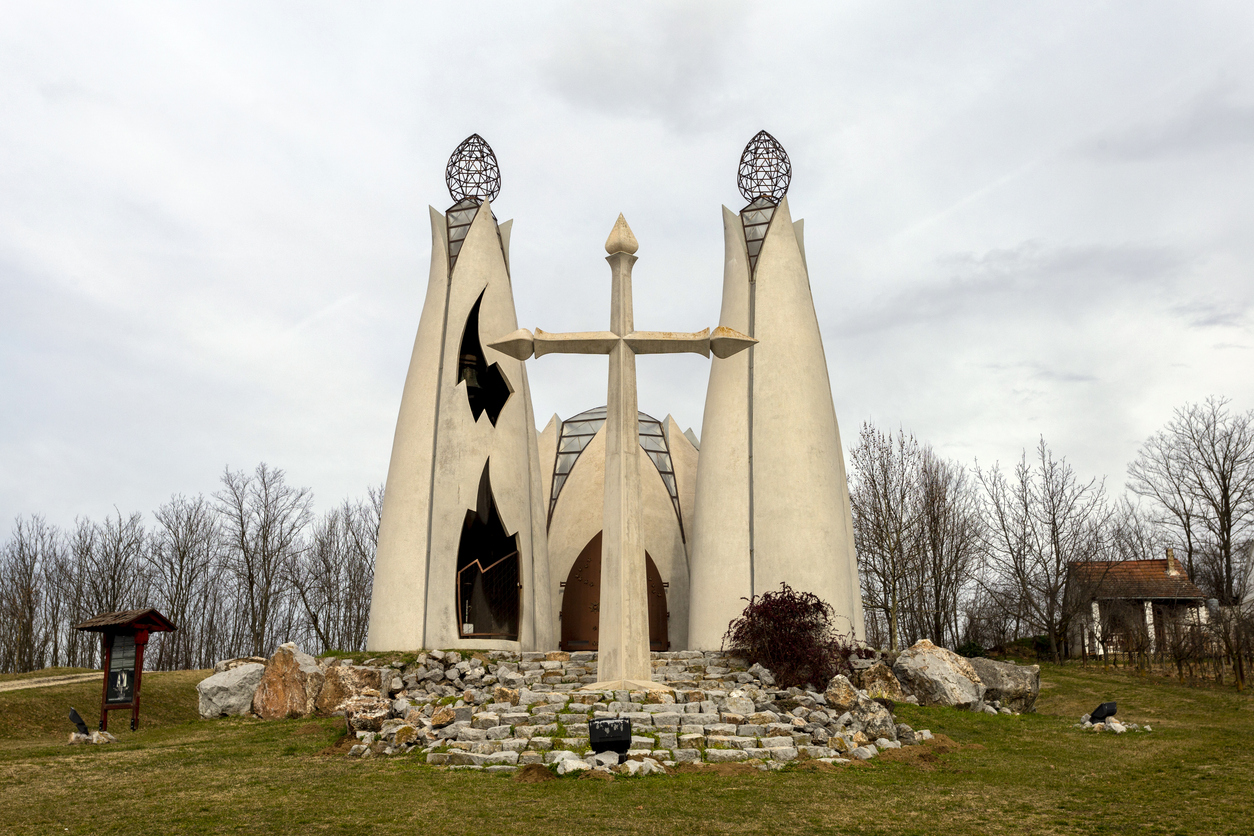
Hungarian Evangelicals Resist Democratic Backsliding
Time Period: 2010-2019Location: Budapest, HungaryMain Actors: Hungarian Evangelical Fellowship (HEF), Pastor Gábor Iványi.Tactics - Declarations by organizations and institutions - Selective social boycott - Protective presence - Signed public statements...
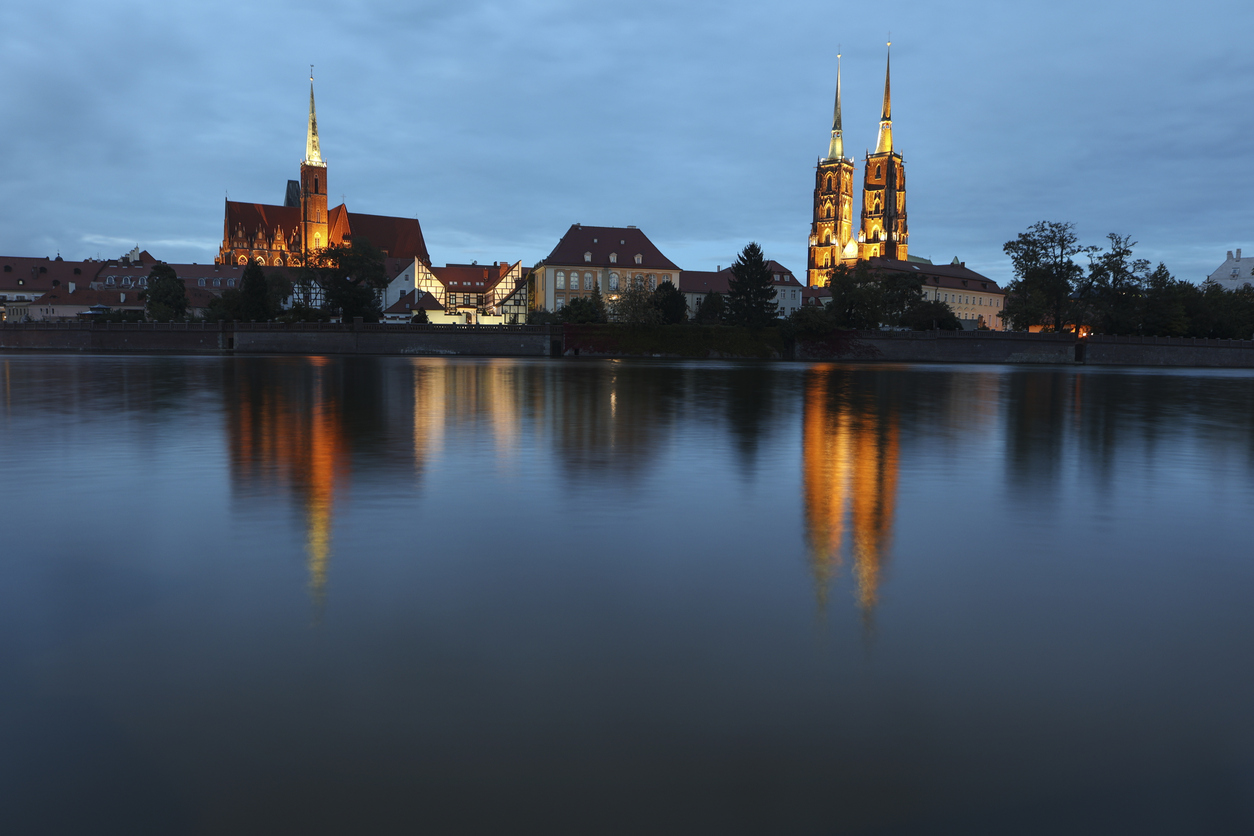
Polish Bishops Refuse to Support Authoritarianism
Time Period: 2016-2023Location: Poland, especially WarsawMain Actors: Polish Episcopal ConferenceTactics - Declarations by organizations and institutions - Public speeches - Boycotts of social affairs Poland became less free and democratic...
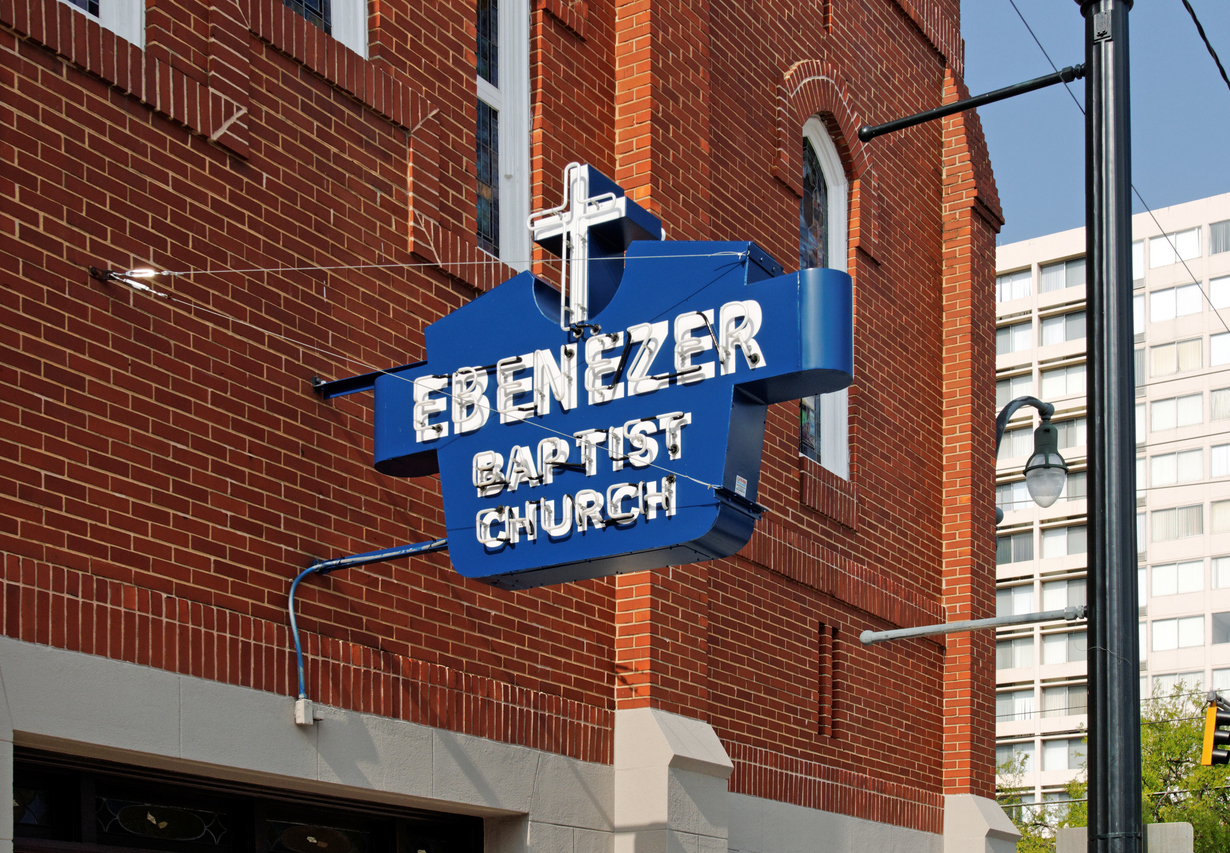
Activating Faith: The Southern Christian Leadership Conference Fights for Freedom
Time Period: Civil Rights Era, 1955-1970sLocation: United StatesMain Actors: The Southern Christian Leadership Conference (SCLC); affiliate churches; Civil Rights organizersTactics - Protest–teach-ins to educate and encourage participation - Mass action–sharing...
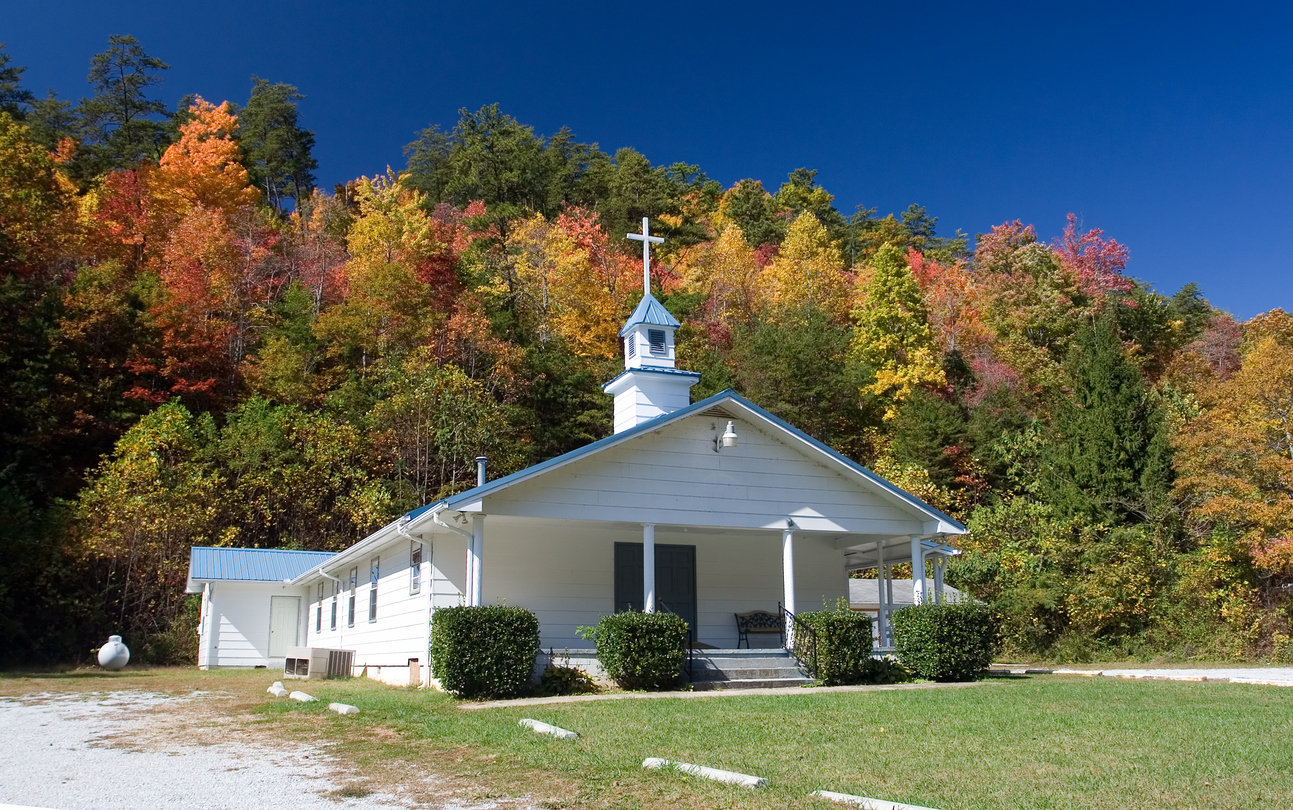
Southern Baptist Leaders Condemn the January 6th Insurrection
Time Period: 2020-presentLocation: United StatesMain Actors: The Southern Baptist Convention; Russell MooreTactics - Personal Statements - Blogging or Online Article Writing - Newspapers and Journals The Southern Baptist Convention (SBC)...
